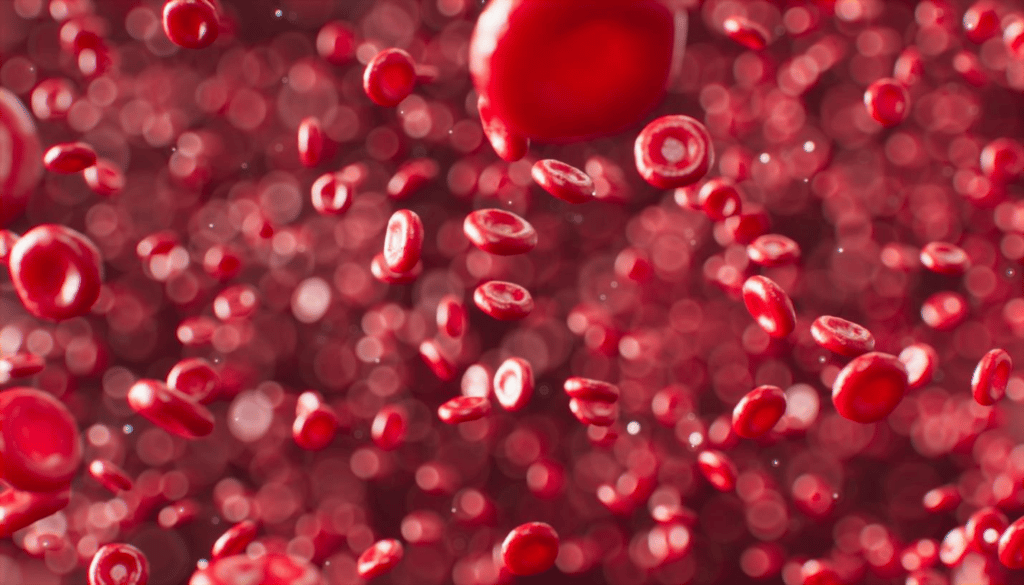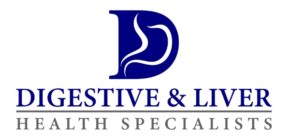Aspirin is an excellent analgesic widely used in the medical field. It is derived from the bark of the white
willow tree. It also acts as an anticoagulant by inhibiting platelet activity (1). As a result, aspirin use can
greatly reduce the risk of clot formation and thrombosis in blood vessels.
Therefore, low dose aspirin therapy is commonly used to lower the risk of heart attack and stroke. For
patients with optimal body weight, low blood cholesterol (less than 200 mg/dl) and high HDL levels,
aspirin is typically of little use to protect against stroke as the risk of thrombosis and clot formation is
already quite low in this scenario.

Overdoses of aspirin may cause intestinal bleeding as blood clotting is rendered inactive(3).
Always consult with your provider if you plan to use aspirin to avoid the risk of clot formation. Taking
the medication on your own without proper medical supervision may lead to severe outcomes.
Melatonin:
Melatonin is a hormone produced by the pineal gland in the brain. In general, a hormone is a chemical
substance that acts as a messenger and regulates complicated processes in the body.
Glands are the organs in the human body that synthesize and secrete hormones and other substances
such as the pineal gland, thyroid gland, adrenal gland, etc. Different hormones and glands work together
in an integrated manner to maintain the normal functions of your body.

Melatonin is a hormone released mainly at night and is thought to regulate sleep(5). Moreover, it also
plays a mysterious role in controlling the functioning of the ovaries, gastrointestinal system, and brain.
Melatonin is also found to increase the levels of growth hormones in humans(6). Melatonin also plays a
role in protecting the eyes. It protects from glaucoma and age-related macular degeneration(7).
However, melatonin also has specific side effects such as sleepiness, nausea, dizziness, and
headaches(8). Therefore, melatonin should be used as a supplement only under the supervision of your
primary care provider.
DHEA-dehydroepiandrosterone:
Dehydroepiandrosterone is a natural hormone produced in small quantities in both male and female
bodies. It is secreted by the adrenal glands, which reside over both kidneys. It is tied to the primary sex
hormones.
The levels of DHEA decrease with age. The decrease in DHEA may cause bone problems. DHEA may play
some role in the treatment of depression; however, the mechanism is unclear.
DHEA improves the sexual health of both males and females (9). However, increased levels of DHEA can
cause masculinization of females.
It is used as a supplement to treat various diseases such as erectile dysfunction and osteoporosis. Once
again, this supplement should only be used under professional medical supervision.
Testosterone:
Testosterone is the predominant male sex hormone and is produced in the testes and the adrenal gland.
It controls sperm production in males(10) and brings about the secondary sexual characters in males
such as(9):
• Development of hair on the chest and body.
• Increase in the musculature of the body.
• Increased bone strength and density.
• Hypertrophy of vocal cords and decrease in the pitch of sound.
• Male pattern baldness.
Testosterone can be a beneficial supplement for males under appropriate medical supervision.
Estrogen:
Estrogen is the predominant female sex hormone and brings about secondary sexual characteristics in
the female body, such as developing the breasts, fat deposition in thigh and hips, etc.
It increases the thickness of the endometrium in the uterus during menstrual cycles as well. The levels of
estrogen decline with age. Therefore, after menopause, some females may require estrogen therapy.
Human growth hormone:
Growth hormone is released from the anterior pituitary and causes growth of all parts of the human
body. Growth hormone deficiency can cause dwarfism, while excess growth hormone can cause
gigantism.
If growth hormone is produced excessively after puberty, it can cause acromegaly(11). Growth hormone
is also available in supplement form and should be used with professional medical supervision.
Pycnogenol:
Pycnogenol is derived from the bark of the pine tree. It's an antioxidant that may prove helpful in certain
diseases(12). However, there are better natural sources of antioxidants such as apples, oranges, onions,
and other vegetables.
References:
1. Ornelas A, Zacharias-Millward N, Menter DG, Davis JS, Lichtenberger L, Hawke D, et al. Beyond
COX-1: the effects of aspirin on platelet biology and potential mechanisms of chemoprevention.
Cancer Metastasis Rev. 2017 Jun;36(2):289–303.
2. Unsplash. Photo by ANIRUDH on unsplash [Internet]. Unsplash.com. Available from:
https://unsplash.com/photos/djo3iNJpaOE
3. Schaefer JK, Errickson J, Li Y, Kong X, Alexandris-Souphis T, Ali MA, et al. Adverse Events Associated
With the Addition of Aspirin to Direct Oral Anticoagulant Therapy Without a Clear Indication. JAMA
Intern Med. 2021 Jun 1;181(6):817–24.
4. Unsplash. Photo by Minnie Zhou on unsplash [Internet]. Unsplash.com. Available from:
https://unsplash.com/photos/0hiUWSi7jvs
5. Kurdi MS, Muthukalai SP. The Efficacy of Oral Melatonin in Improving Sleep in Cancer Patients with
Insomnia: A Randomized Double-Blind Placebo-Controlled Study. Indian J Palliat Care.
2016;22(3):295–300.
6. Forsling ML, Wheeler MJ, Williams AJ. The effect of melatonin administration on pituitary
hormone secretion in man. Clin Endocrinol (Oxf). 1999 Nov;51(5):637–42.
7. Lundmark PO, Pandi-Perumal SR, Srinivasan V, Cardinali DP. Role of melatonin in the eye and
ocular dysfunctions. Vis Neurosci. 2006 Dec;23(6):853–62.
8. Andersen LPH, Gögenur I, Rosenberg J, Reiter RJ. The Safety of Melatonin in Humans. Clin Drug
Investig. 2016 Mar;36(3):169–75.
9. Genazzani AR, Stomati M, Valentino V, Pluchino N, Pot E, Casarosa E, et al. Effect of 1-year, lowdose DHEA therapy on climacteric symptoms and female sexuality. Climacteric. 2011
Dec;14(6):661–8.
10. Kharaba ZJ, Buabeid MA, Ibrahim NA, Jirjees FJ, Obaidi HJA, Kaddaha A, et al. Testosterone therapy
in hypogonadal patients and the associated risks of cardiovascular events. Biomed Pharmacother.
2020 Sep;129:110423.
11. Melmed S. Acromegaly pathogenesis and treatment. J Clin Invest. 2009 Nov;119(11):3189–202.
12. Grether-Beck S, Marini A, Jaenicke T, Krutmann J. French Maritime Pine Bark Extract (Pycnogenol®)
Effects on Human Skin: Clinical and Molecular Evidence. Skin Pharmacol Physiol. 2016;29(1):13–7.

